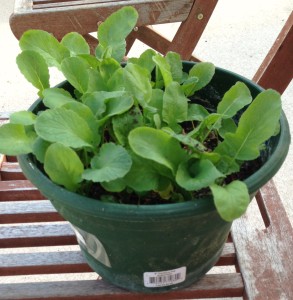Hobbies do not always have to be expensive. When it comes to gardening, expenses can quickly add up, but this does not have to be the case. There are several ways to avoid spending a lot of money when gardening that can come with careful planning and a little foresight. Employing these simple tactics can ensure that your Summer garden is full of a bounty harvest:
Growing Plants from Seed
One of the easiest ways to save money while gardening is to grow your plants from seed. A packet of seeds is extremely inexpensive and growing from seed takes relatively little work. You can take this a step further and harvest your own seeds from plants that you grow and save them for next season. Separating sprouts is another way to save money yet have enough plants in order to have a full garden. Another route to explore is exchanging seeds with friends and neighbors.
Purchasing Plants
If you don’t have time to grow your own plants from seedlings, you can save money by purchasing plants that are not fully grown. It is usually the case that the larger that plant, the more expensive it will be. Additionally, transplanting plants when they are small is less stressful on the plant. A third attractive option is to buy a large plant and divide it into several smaller pots.
Plant Swap
If you find find yourself with too many of one type of plant or seed, you made consider hosting a plant swap. Everyone has too much of something, and a plant swap is a great way to acquire new plants that you may not be able to find in a nursery. Another great option if you have a group of people who are interested in gardening is to buy in bulk. Online stores provide for an easy way to buy in bulk from an assortment of different options.
Composting
A valuable money-saver that can be made right in your backyard is a compost pile. Yard refuge, dried leaves, and other household waste can all be thrown into the pile to make rich compost that will keep your plants happy and healthy. Additionally, many items that we typically throw away are great for using in your garden. Newspaper make great weed barriers, as well as a means to retain moisture at the bottom of pots. Seedlings can be started in many food containers that have been washed out.
Watering
A large expense that is faced by many gardeners is continuous watering. Although it may seem like an expensive feat, it is relatively cheap and can save you a lot of money in the long term. Another option that is slightly more complicated is redirecting a faucet. This may require the help of a professional but the savings can be huge.
Maintaining a healthy garden does not have to be expensive when implementing these few money saving tricks. It is also important to consider the money saved by growing your own food which should be factored in when determining how much money to spend on your garden.





